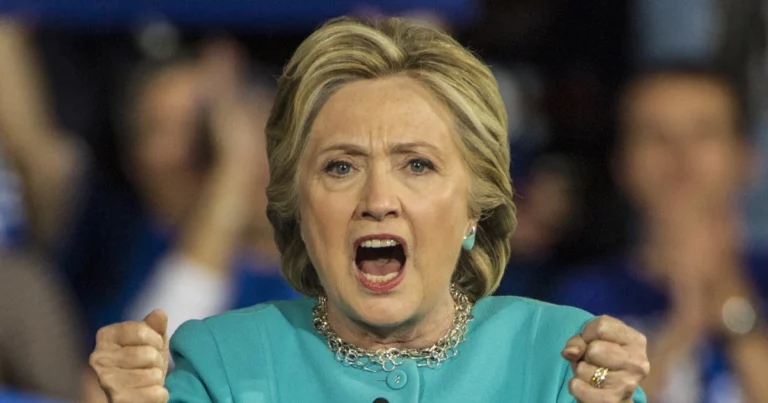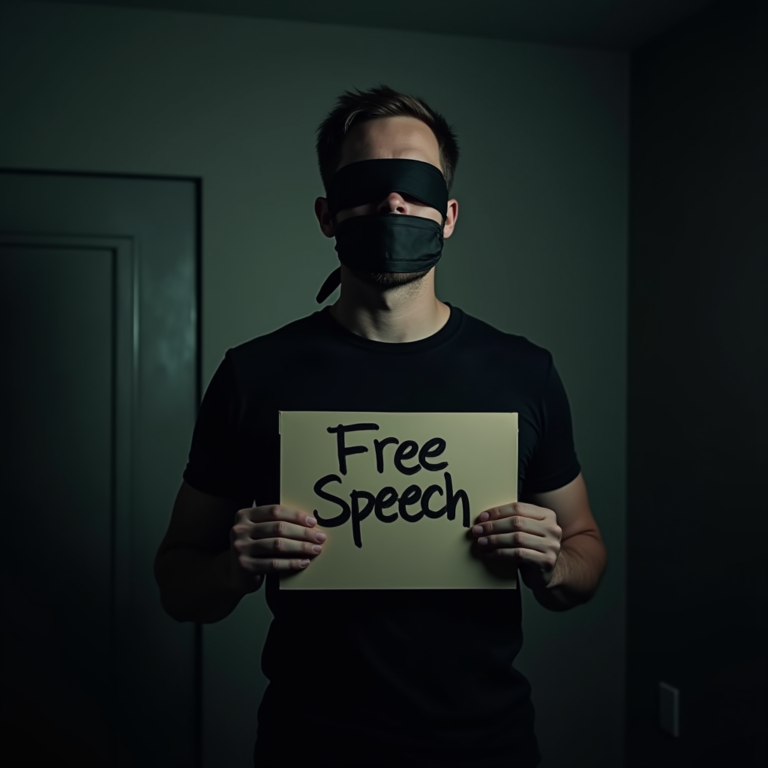Recent events involving Twitter and Elon Musk complying with the Turkish government’s request to censor political content during their elections have raised concerns about the potential consequences for free speech.
Late Friday evening Twitter released a statement noting “In response to legal process and to ensure Twitter remains available to the people of Turkey, we have taken action to restrict access to some content in Turkey today.” On Saturday some journalists picked up on this statement and noted that “free speech” Twitter was complying with foreign government demands for censorship.
In response to this, Elon Musk tweeted “The choice is have Twitter throttled in its entirety or limit access to some tweets. Which one do you want?” as well as “This is par for the course for all Internet companies – we are just going to be clear that it’s happening, unlike the others.” In other words, “everyone else is doing it so that makes it okay!”
This statement is wrong for two reasons. First of all, even if everyone was complying with foreign government demands for political censorship it would not make it a correct decision. Secondly, not all internet companies are doing this. I would know. Dealing with demands from foreign governments to censor political speech on an American-owned American-run social media platform is something Gab.com deals with on a week-to-week basis.
For example in December of last year the UK government demanded that Gab ban a user and censor “offensive” content. Upon review we found no violation of our Terms of Service and that no US laws were being broken. Accordingly, our response to the UK government was to get lost.
Prior to that the German government demanded that we comply with their censorship guidelines for users in Germany, to which we declined. We now have $30,000+ fine–which we will not pay–and now I likely can never safely make a trip into Germany until they change their draconian speech laws.
These are just two of countless examples of foreign governments demanding that Gab engage in political censorship. Each time our answer remains the same: if the content is legal in the United States it’s legal on Gab and it’s not being removed. There is absolutely nothing that foreign governments can to do force an American company to comply with foreign speech laws.
Twitter’s decision sets a dangerous precedent that other countries may use to demand similar censorship, undermining the principles of open dialogue and discourse. In contrast, platforms like Gab have demonstrated a commitment to upholding free speech, even in the face of government pressure. The ramifications of Twitter’s compliance with these demands highlights the importance of resisting censorship demands to protect the fundamental right to free speech.
The Precedent for Global Censorship
By acceding to the Turkish government’s request to censor political content, Twitter and Elon Musk have opened the door for other nations to demand similar actions. This creates a concerning precedent that weakens the platform’s commitment to free speech. Other governments could now point to this compliance and exert pressure on Twitter to censor content that challenges their own political agendas, effectively stifling dissent and suppressing valuable discourse.
False Justifications
Twitter’s excuse that “every internet platform does this” is not only disingenuous but also the wrong choice when it comes to protecting freedom of expression. Rather than using this argument as a justification for compliance, Twitter should have taken a principled stand in defense of free speech. The company’s decision to comply with the Turkish government’s demands tarnishes its reputation as a platform that values open dialogue and encourages diverse perspectives.
The Power of Resisting Censorship
Had Twitter refused to comply with the Turkish government’s censorship requests, even at the risk of being banned from the country, it would have sent a powerful message about its commitment to upholding free speech. This principled stance would have demonstrated to the world that Twitter does not bow down to the demands of foreign governments seeking political censorship. By yielding to these demands, Twitter has inadvertently compromised its integrity as a platform that champions the right to express differing opinions.
The Example of Gab
In contrast to Twitter, platforms like Gab have shown that taking a firm stance against government censorship is a winning strategy for preserving free speech. Gab has consistently refused to comply with demands from governments, such as the UK and Germany, to censor political content. By prioritizing the fundamental right to free expression, Gab has garnered respect and support from individuals who value open discourse, and it has become a symbol of resistance against censorship.
Twitter and Elon Musk’s compliance with the Turkish government’s censorship requests sets a dangerous precedent for the future of free speech on the platform. By acquiescing to these demands, they have undermined the principles of open dialogue and free speech values that the platform claims to uphold. Twitter should have taken a principled stand, even if it meant facing a ban from the country.
Platforms like Gab.com have shown that refusing to comply with government censorship requests is not only possible but also crucial for maintaining the integrity of free speech. It is imperative that social media platforms recommit to the principles of open dialogue and resist the pressures of censorship to ensure that the freedom of speech remains protected in the digital realm, which is exactly what Gab plans to continue doing.
Andrew Torba
CEO, Gab.com
Jesus Christ is King of kings





